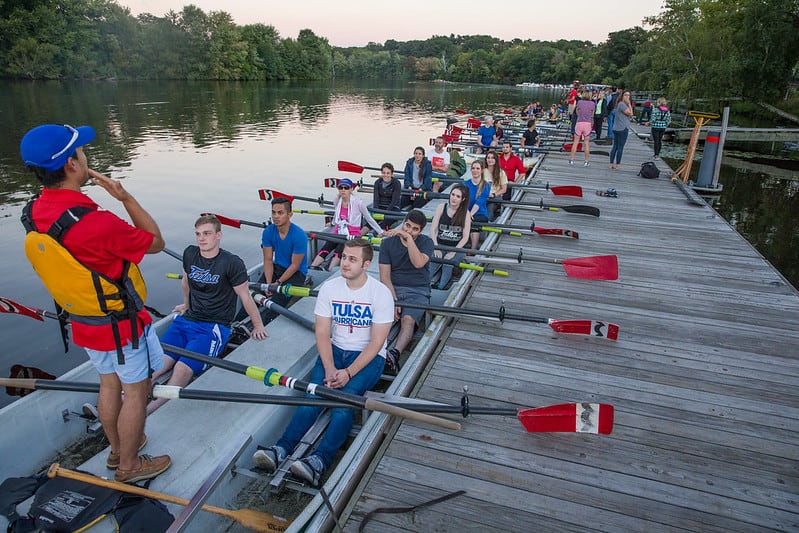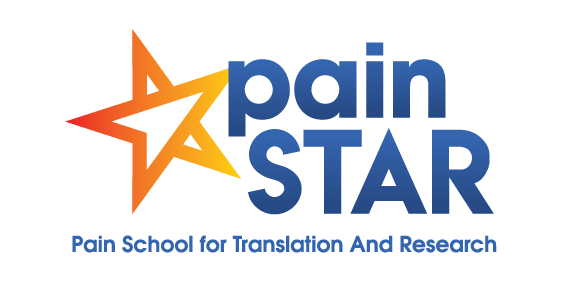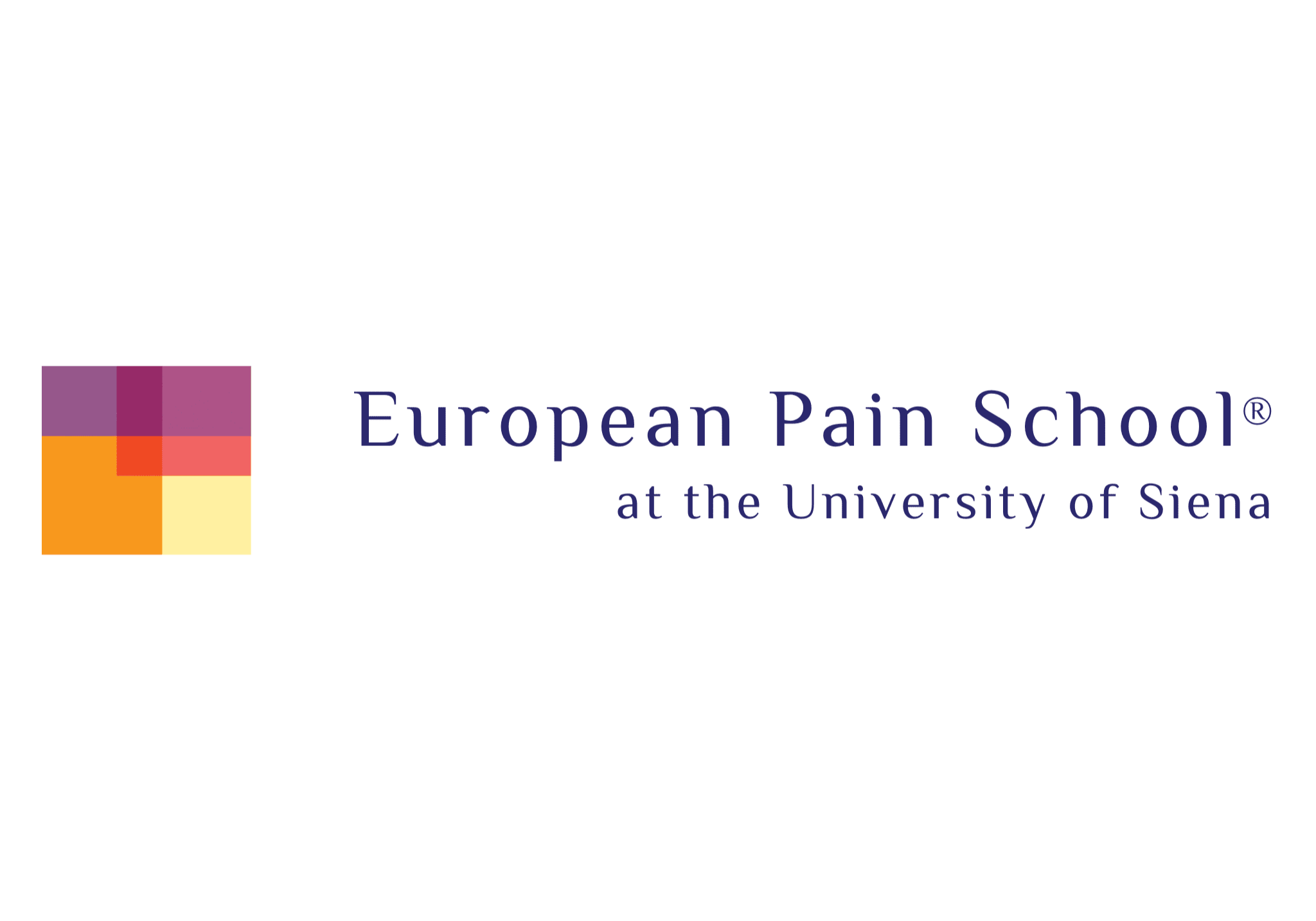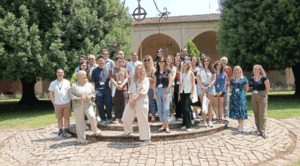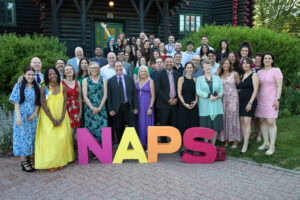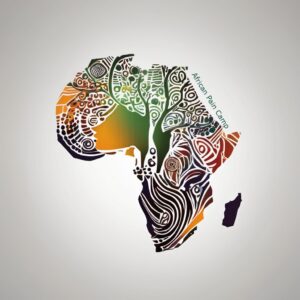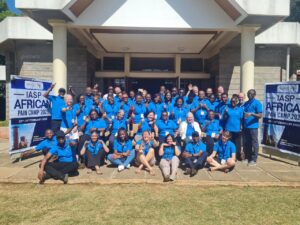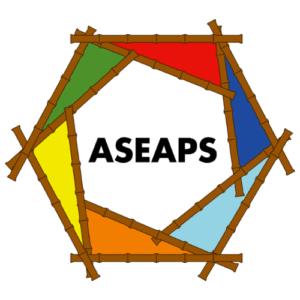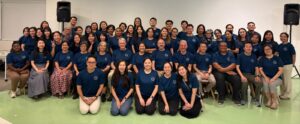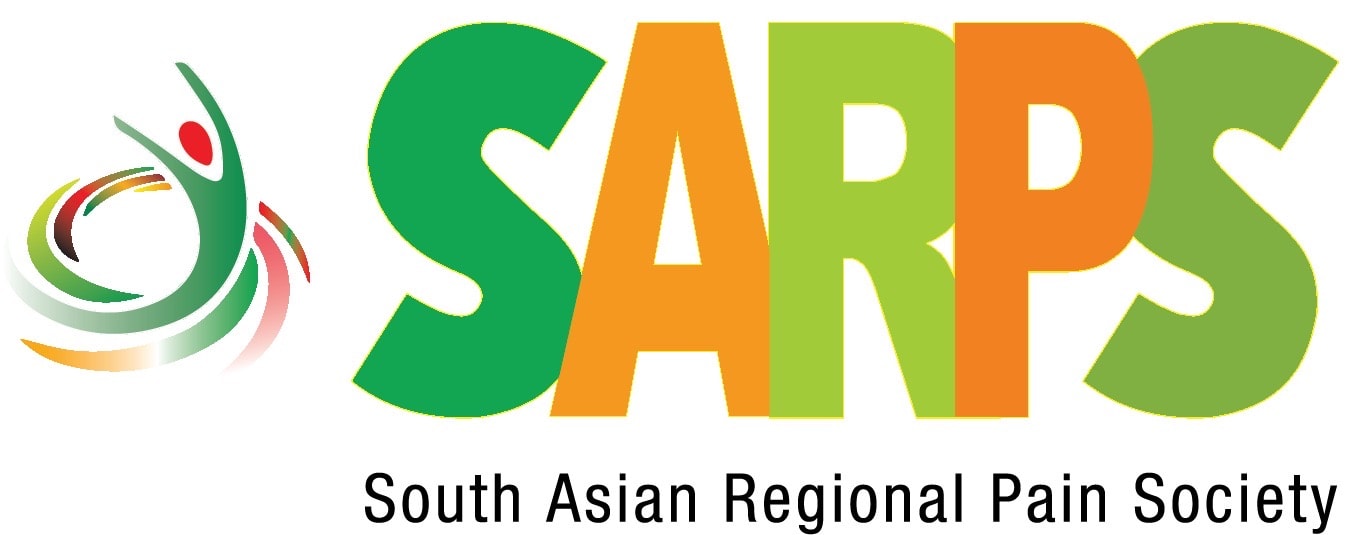Pain Schools
IASP Pain Schools are multidisciplinary/multiprofessional residential educational events intended to promote the development of the next generation of basic science and clinical pain researchers.
IASP Pain Schools are targeted at young, early career members of IASP, with 20-30 participants attending each school. Participants come from multiple regions and countries. Participants must be selected through a competitive process by the Pain School organizers against specified criteria. Participants are expected to be, or become, an IASP member. The first Pain School was in Siena, Italy, the site for the European Pain School, in 2002. Since then, other Pain Schools, such as the North American Pain School and the Australian Pain School have been formed.
Pain Camps
IASP Pain Camps are multidisciplinary/multiprofessional residential educational events aimed at promoting interdisciplinary pain management by improving the knowledge and skills of the next generation of healthcare professionals in Low- and Middle-Income Countries (LMICs).
Pain Camps, like Pain Schools, also target young, early career members of IASP. Pain Camps are seen as more suitable for those from LMICs. Prospective participants must be selected through a competitive process by the Pain Camp organizers against specified criteria. Participants are expected to be, or become, an IASP member. The first Pain Camp was the Southeast Asia Pain Camp held in Bangkok, Thailand, in 2011. The Southeast Asia Pain Camps are held in different ASEAPS countries biennially. Biennial Pain Camps are also organized by FEDELAT (e.g in Mexico in 2016), and in 2025 the first African Pain Camp and SARPS Pain Camp were held in Nairobi, Kenya and New Delhi, India respectively.
Past Pain Schools and Camps
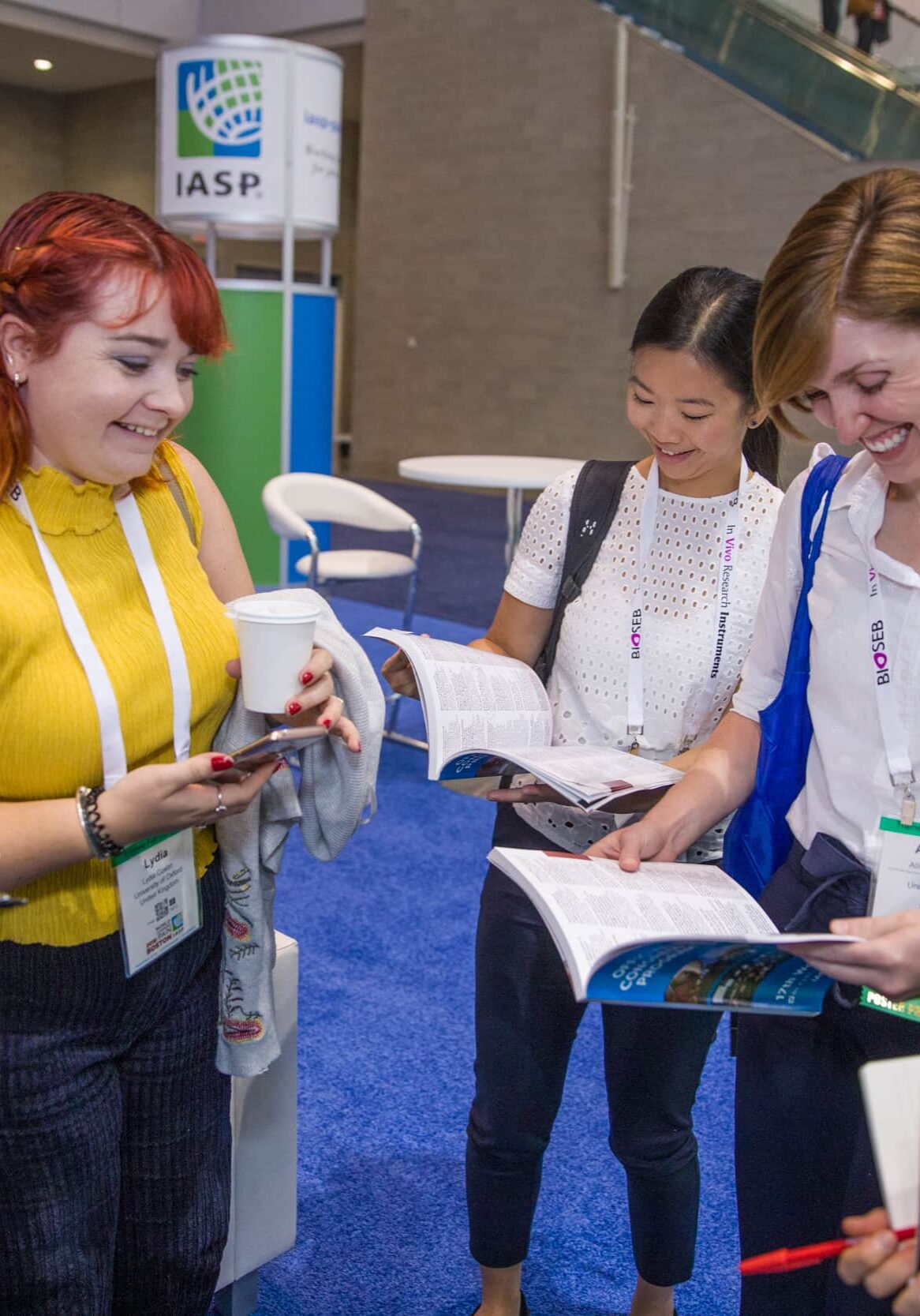
EDUCATION OPPORTUNITIES
Other Education Opportunities
IASP has gathered information from various sources on programs for continuing education in pain. These may be fellowships, degree programs, distance-learning programs, web-based training, and so forth. Inclusion in this list does not imply IASP endorsement of these programs or courses, unless otherwise specified. To learn more, please view Graduate Opportunities.


